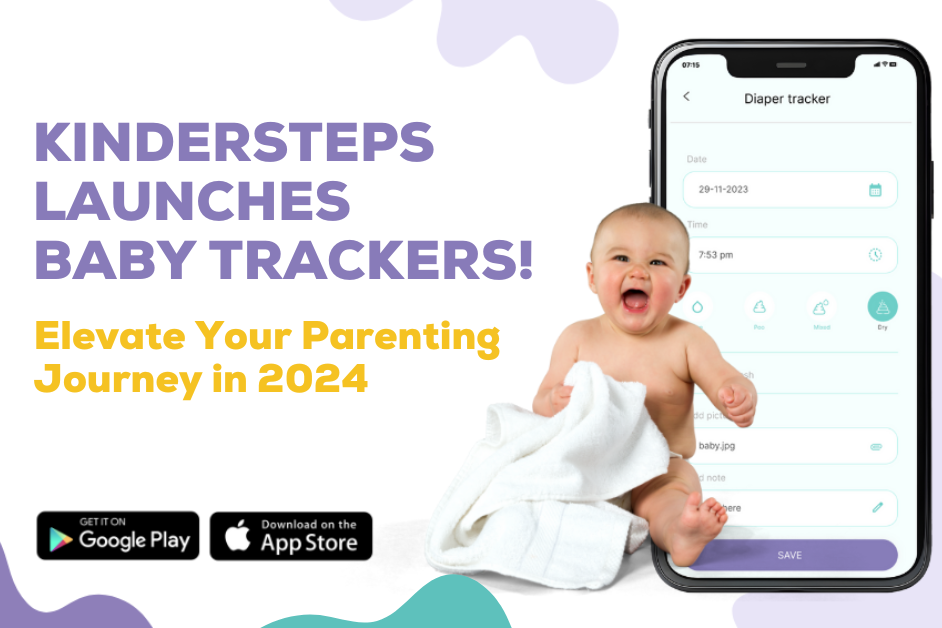Social and emotional development has been directly linked to children’s success progressing into adulthood. This is why now is more crucial than ever for parents to empower their children through emotional intelligence learning opportunities.
While parents worry about their children falling behind in math or spelling during their early years (preschool and kindergarten), it doesn't matter as much as you'd think. The truth is that as long as they’re developing social-emotional skills, they’ll be better equipped to thrive with daily challenges, school, and real-life scenarios.
A study published in 2015 in the American Journal of Public Health concluded the following:
For those who scored well:
- They were twice as likely to successfully graduate with a college degree during their early adulthood years.
- They were 54% more likely to obtain their high school diploma.
- 46% were more likely to hold a full-time job by the time they reached the age of 25.
For every one-point decrease:
- The child had a 67% higher chance of being arrested by the time they reached early adulthood.
- They had an 82% higher chance of recent marijuana usage.
- They had an 82% higher chance of being on or on a waiting list for public housing.
The Robert Wood Johnson Foundation, suggested that the results of this study highlighted the dire need for social competence to be taught in the early years to promote life-long success in various aspects including academically, financially, and emotionally. There are 5 main areas in which these skills can be developed:
- Self-awareness.
- Self-management.
- Social awareness.
- Relationship skills.
- Responsible decision-making.
Both parents and educators must work together to promote social and emotional development at home and in the classroom.
Top 3 Tips to Help Parents Nurture an Emotionally Intelligent Child
- Create an Emotionally Aware Environment: Don’t hide negative emotions from your child as they’ll learn to hide theirs as well. Instead, encourage them to talk about their feelings and label them. The key to fostering emotional intelligence is helping your child understand “why.” After labeling their emotion, i.e. anger, sadness or happiness, ask your child why they feel that way. Keep in mind this shouldn’t only be practiced for negative emotions. Helping your child understand the emotion is the first step in addressing it.
- Reflect on Past Emotions: As a parent, you won’t always be present for emotional outbursts or learning opportunities that can help your child be aware of their emotions. Take the time to reflect on past situations and the response your child had, or even take your own scenarios to evaluate with them. An example of this is labeling an emotion based on a response. Ask your child, “how were you feeling when you yelled at your sister today for using your toys without asking?” Getting your child to explore their emotional responses and reflect on how they reacted will help you begin the conversation of coping methods or other reactions that can be used when they feel that way.
- Practice Empathy and Emotional Awareness of Others: Helping your child practice empathy is crucial for their emotional intelligence. After all, to compassionately respond to another human, you have to understand where they are coming from in both work and personal scenarios. An easy way to start introducing this is to help your child read emotions in other people. A simple exercise can be watching TV together. When you’ve been able to start labeling emotions, the next step can be turning off the sound on the TV. Ask your child how they think the characters are feeling based on facial expressions or body language. The next step to building on empathy to develop emotional intelligence is to find ways to help others together. This could be through volunteering or helping a friend/relative. Another method is to have your child walk the family pet on a cold or rainy day to teach the vital lesson of others’ needs coming before our own, even in circumstances beyond our control.
The ultimate goal of social and emotional development is to foster respect and understanding in children to respond appropriately when dealing with others through self-control and self-awareness. Follow our tips to empower your child to feel confident, express themselves, and promote an environment for life-long learning.






.jpg?alt=media&token=166b64a9-274c-400c-95e4-baf0013e7e43)
